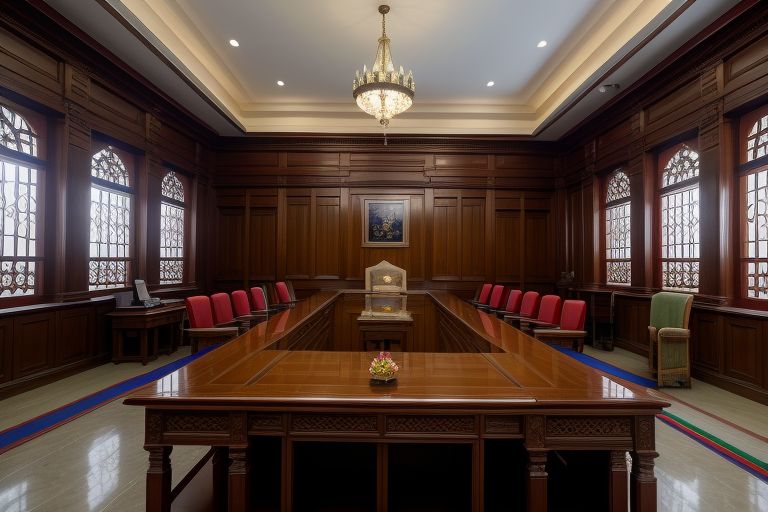Nepal’s Supreme Court has become the last line of defense for conservationists, who are struggling to save the country’s diverse flora and fauna as well as its natural heritage. This development comes at a time when most civil society organizations have kept quiet on critical conservation issues that might have lasting impacts on the country’s protected areas and endangered species.
The court which has always been on the forefront in supporting environmental and biodiversity issues is now in the spotlight. It is hearing a case that may decide the future of protected areas of Nepal, which is a habitat of some of the most threatened species in the world. However, if the civil society is not supportive of the decision made by the court it may lead to criticism and the court being termed as ‘anti- development’.
The situation came to an extreme in April when the government passed the law that allowed the private developers to construct the infrastructure in the protected zones – the zones that the indigenous people were removed or severely limited in their access. Nevertheless, civil society did not react to the law that could potentially reverse the achievements of the last several decades of conservation efforts of lawyers had to step in to defend the problem in court.
This silence is in contrast to other public mobilizations in the recent past years. For example, in 2018, the government came up with changes on the guthi system concerning religious and cultural ownership of land and this sparked protests across the country and the government rescinded these changes without the need for the courts. Likewise, people’s protests stopped the construction of a swimming pool over a historic pond in Kathmandu.
These new legal provisions now allow the commercialization of the protected areas like Chitwan and Sagarmatha national parks for private sectors in investment for hydropower, hotels, roads and railway etc. However, the said provisions have been put on hold by the Supreme Court for some time although the matter is still in court.
According to the conservationists, this state of affair could have been prevented if civil society had intervened early enough. Under the guise of procedures to open protected areas for hydropower development, the Tanzanian government was gradually leading to an ordinance and since nobody stood against it, the government was encouraged to go further. Now the government is said to be in the process of formulating rules that would allow hotel establishments in protected areas as well as activities such as mountain biking and motorboating.
As mentioned by the Supreme Court justices, one of the critical challenges that have been observed to exist is the lack of integration of ministries. Quite frequently, a ministry will set a policy or rule and fail to involve other parties, and it becomes the court’s role to settle the issues that arise from the policy or rule made.
While Nepal continues to face these conservation challenges, the capacity of the Supreme Court in the promotion of sustainable development is more and more critical.
But the absence of a strong civil society which the court can rely on in order to protect Nepal’s natural resources may be a challenge. The case is a good illustration of the fact that people should not be passive spectators when it comes to environmental issues and one has to be prepared for negative outcomes in case of inaction.


